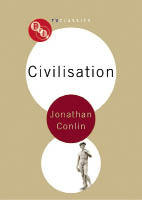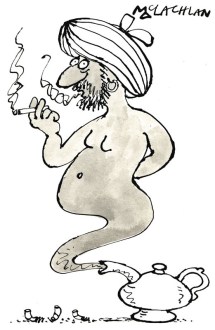A monumental achievement
Like virtually everyone middle-aged and middle-class in this country, I am a beneficiary of the cult of Civilisation — Kenneth Clark’s ‘personal view’, stretching in 13 episodes from the Vikings to Van Gogh, which was broadcast on BBC2 in 1969 and on BBC1 two years later, as well as appearing as a sumptuously illustrated, best-selling



